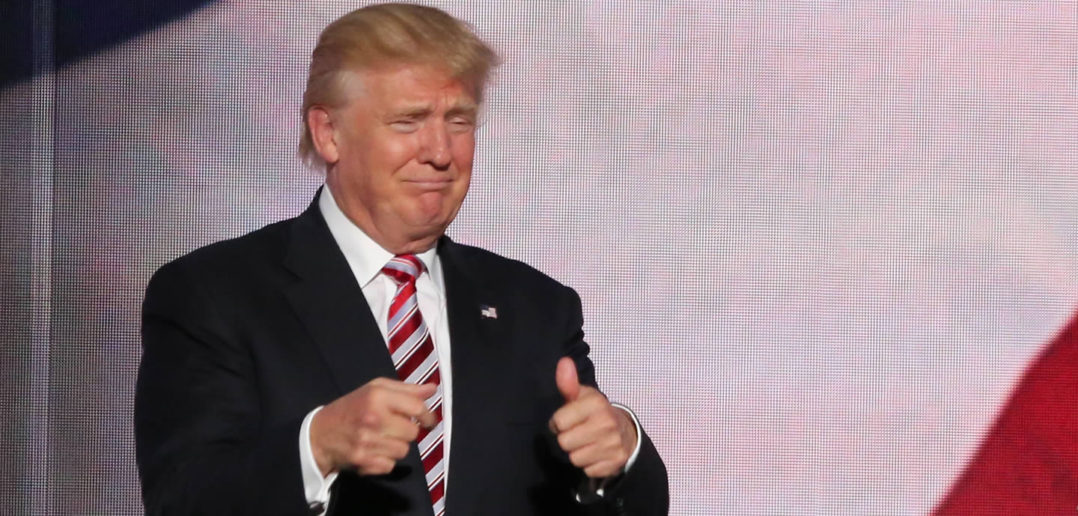Most of the world has come to realise that the newly elected US president is an unorthodox political character. President Trump has his name plastered on hotels and businesses around the world and he has already demonstrated that he will vacation at his own Mar-a-Lago resort rather than at the traditional venue of Camp David. Most of all, he continues to rely on social media as his primary mode of direct communication with the public, as he did during the campaign.
Trump is not the first US president to make use of Twitter. That distinction goes to President Obama, who famously used the @POTUS account, having been elected just a year or so after Twitter was first invented. But @POTUS was reserved for ordinary public communications that functioned almost like miniature press releases. These largely consisted of congratulatory messages and condolences, holiday wishes, the occasional tame joke, and general policy updates. By contrast, Donald Trump (who is still using his personal Twitter handle alongside the @POTUS name that Obama vacated upon the end of his term) uses Twitter for his own purposes. His messages are usually released as real time reactions to events, and they are often angry or vindictive.
Many have begun to complain about the effect that Trump’s Twitter habits might have on the population, not just in the US but around the world. For instance, just this week Trump declared via social media, that all negative polls are fake news. With a single tweet, he discounted any poll that might reveal negative information about his presidency, not just now but moving forward. While much of the American public and the audience around the world will do a collective eye-roll at this kind of tactic, Trump has legions of loyal followers who will accept it as fact. This is merely one example of how the new president’s influence via Twitter can shape perception.
An even more pressing question for a lot of people might be how that influence can shape the financial markets. The words and activity of a U.S. president can always have profound financial implications, but the idea of a particularly impulsive president reacting so quickly to live news presents new challenges.
In a general sense, stock markets are quite resilient to social media statements and inaccurate or questionable information. There have been instances when a tweets or other social media posts have influenced a stock’s value, but as volatile as financial markets can be, they do not react too impulsively to things of this nature. However, because of his influence, his tendency to go after individuals and companies personally, and his new position as president, Trump appears to be poised to offer exceptions.
There were multiple examples during the campaign of Trump’s Twitter activity impacting a stock prices, at least temporarily. Perhaps the best example of this was Trump’s Twitter feud with Boeing, during which he tweeted that costs were “out of control” regarding the company’s plans to build a new Air Force One, the presidential aircraft. The suggestion that Boeing’s government contracts could be at risk, given that at this point Trump had already won the election, he appeared to have an instant impact. Boeing stock realised a one percent drawdown in value based on speculation that the company could lose favour with Trump, and lose future US government contracts.
The effect on Boeing’s share price proved to be temporary, but it serves as a useful snapshot of the potential that the new president has to impact financial markets, not just in the US but around the world. Trump wields Twitter like a weapon, and understands that he can do damage to individuals and institutions by going after them on social media. This, coupled with Trump’s personal interest in business and finance, makes him something of a wild card for the financial markets. Just as easily as he threatened Boeing, Trump could criticise companies in Europe, or even say something negative about a the future prospects of a trade deal with a post-Brexit UK.
The president may not have the power to make or break a company with a few late night tweets, but he does have the ability to cause major short-term volatility. And he could use this power as a weapon in the future if he feels slighted by a company if they do not follow the path he directs from the White House.




